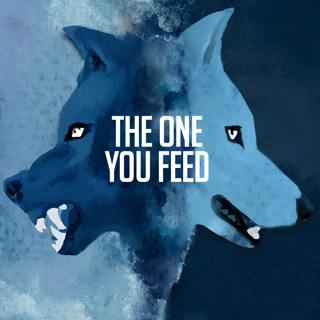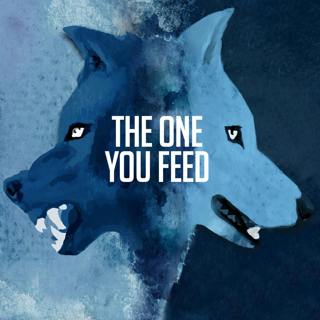
Choosing Love in a Divisive World: Empathy as Our Guiding Light with Scott Stabile
In this episode, Scott Stabile explores the idea of choosing love in a divisive world and how empathy can be our guiding light when life feels fractured. Scott shares deeply personal stories — from th...
26 Syys 202548min

What If and Why Not? A Mantra for Living with Curiosity and Courage with Bobbi Brown
In this episode, Bobbi Brown explores the questions “What if?” and “Why not?”—her mantra for living with curiosity and courage. Renowned makeup artist, entrepreneur, and founder of Jones Road, Bobbi s...
23 Syys 202554min

Why Good Relationships Are the Key to Living a Long and Happy Life with Robert Waldinger
In this episode, Dr. Robert Waldinger explores why good relationships are the key to living a long and happy life. Drawing from more than 85 years of research, Robert shares why deep, supportive relat...
19 Syys 20251h 6min

Unlocking the Secrets to Better Sleep: What You Need to Know with Diane Macedo
In this episode, Diane Macedo unlocks the secrets to better sleep as she shares what you need to know. From her personal experiences with sleep challenges, she shares something counterintuitive: how s...
16 Syys 20251h 9min

From Toxic Perfection to Honest Care: Boundaries, Healing, and Wholeness with Sophia Bush
In this episode, Sophia Bush discusses the complexities of human nature, spirituality, and emotional maturity. She explores the dangers of toxic positivity and the challenges of authenticity in public...
12 Syys 202555min

Slow Productivity: How to Do Less, Focus More, and Not Burn Out with Cal Newport
In this episode, Cal Newport explains slow productivity and how to do less, focus more, and not burn out. Cal argues, our obsession with busyness is pseudo-productivity and while it may look like prog...
9 Syys 20251h 12min

Embracing the Full Spectrum of Emotions: A Guide to Mindfulness and Self-Discovery with Tara Brach
In this episode, Tara Brach explores embracing the full spectrum of emotions, providing a guide to mindfulness and self-discovery. She helps us experiment with a variety of approaches that are guided ...
5 Syys 202551min

The Hidden Costs of Technology and Our Search for Selfhood with Vauhini Vara
In this episode, Vauhini Vara discusses the hidden costs of technology and our search for selfhood. She explains how we live in a world where technology functions as both a lifeline and a trap—offerin...
2 Syys 20251h 3min






















